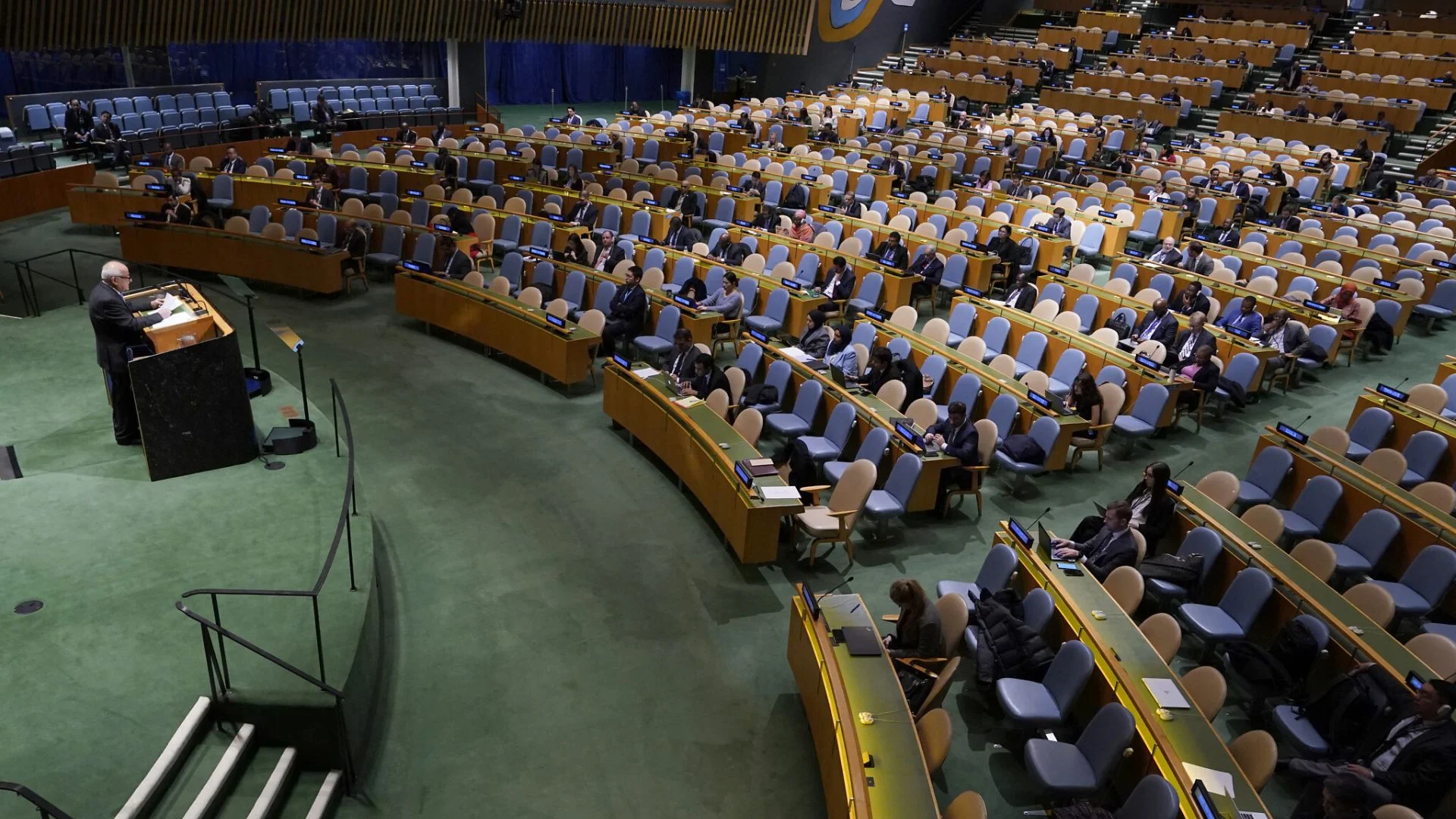A Montreal shopping mall has drawn criticism for using the viral children’s song Baby Shark to discourage homeless people from sheltering in its emergency exit staircases.
The song, streamed and viewed millions of times online, is played on a loop at varying speeds to annoy loiterers. Complexe Desjardins, which owns the mall and nearby office towers, has reportedly been employing this method for over a year to address “security issues,” according to spokesperson Jean-Benoit Turcotti.
Turcotti explained to Canadian media that the company is “sensitive to homelessness issues” and has taken steps like hiring two social workers to engage with the homeless population. “Our aim is not to coerce, but to support these people,” he said.
Despite this, advocates for the homeless believe the mall’s approach is harsh and counterproductive.
Sam Watts, CEO of Welcome Hall Mission, described the measure as “cruel and unusual,” adding, “It isn’t possible to resolve the complexities of homelessness by using juvenile tactics that are conceived to exclude people. You don’t solve a problem by displacing a problem.”
He further noted, “The answer isn’t to do things that are going to further make people who are vulnerable even more vulnerable.”
While the mall claims the tactic has resulted in “an improvement,” critics argue the approach fails to address the underlying challenges of homelessness and instead exacerbates the plight of vulnerable individuals.













